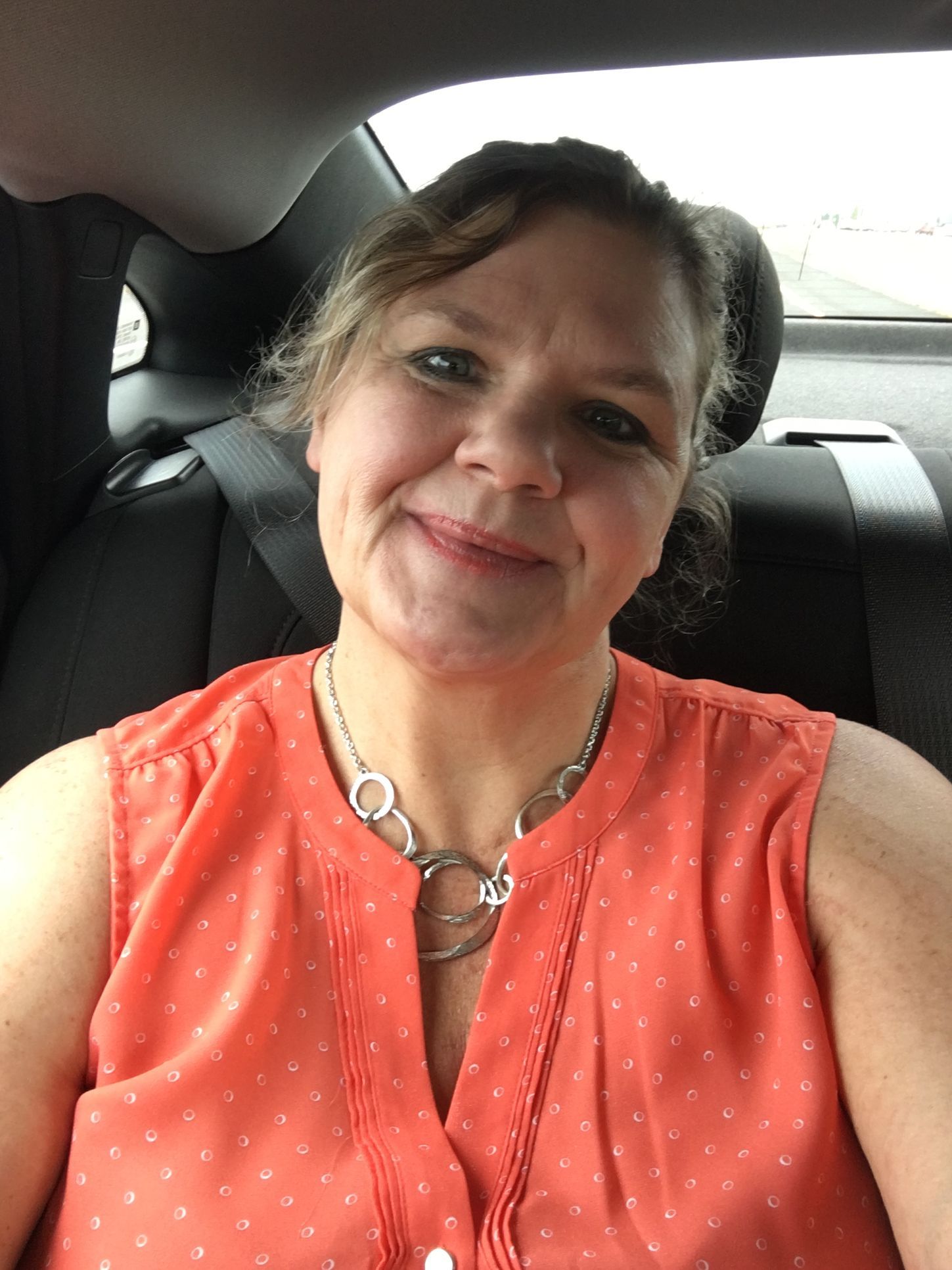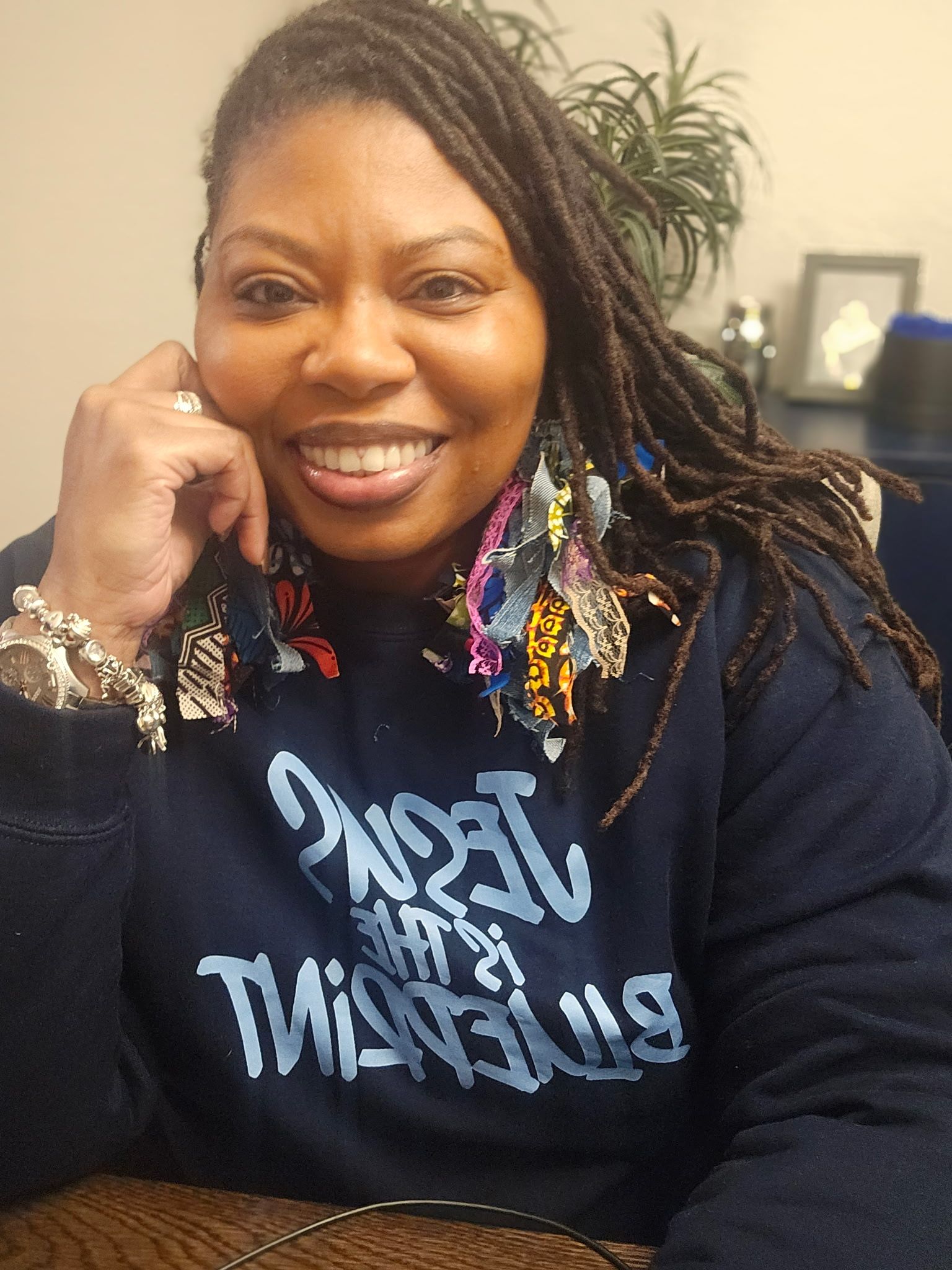April Advocate Spotlight
Sandy Shores

1. How long have you been an Advocate and when did you realize you wanted to become one?
I have been an advocate for 4.5 years. I first heard about CASA in the mid-nineties and I loved the concept of children in crisis having an advocate, At the time I was just starting my career in the military and could not commit to being able to follow through with a case. Fast forward 20 years, I retired from the military and signed up to volunteer.
2. What is the most rewarding aspect of being an Advocate?
The most rewarding aspect of being an advocate for me is working within the system to ensure the child/children get all of their physical and emotional needs identified and met while in foster care. Obtaining medical records to ensure the providers’ referrals are being followed. Verifying the child is receiving all recommended therapies and treatments for them to meet physical, emotional, and developmental milestones. I love visiting the children monthly and seeing how they are meeting and exceeding the goals set by their therapists. It is also very rewarding when a case is completed, and everyone is in agreement that the best interests of the child have been met.
3. If you could offer some words of encouragement to your fellow and incoming Advocates, what would they be?
Have patience, don’t give up, and document, document, document! The system sometimes seems to work very slowly and terminating parental rights should never be taken lightly, that being said it can get frustrating when you don't see progress being made in the court system. I have been very fortunate to work with excellent case workers and foster parents who have kept me in the loop through phone calls and text messages when there have been changes in the case and keeping updated on doctor appointments and progress in therapies. I keep all text messages and summarize them in my monthly visitation report. If it is something out of the ordinary, like a child being removed from placement or medical incident, I notify my CASA supervisor, child’s attorney and case worker via email in addition to documenting in Optima. This helps me to write a comprehensive and concise court report.








